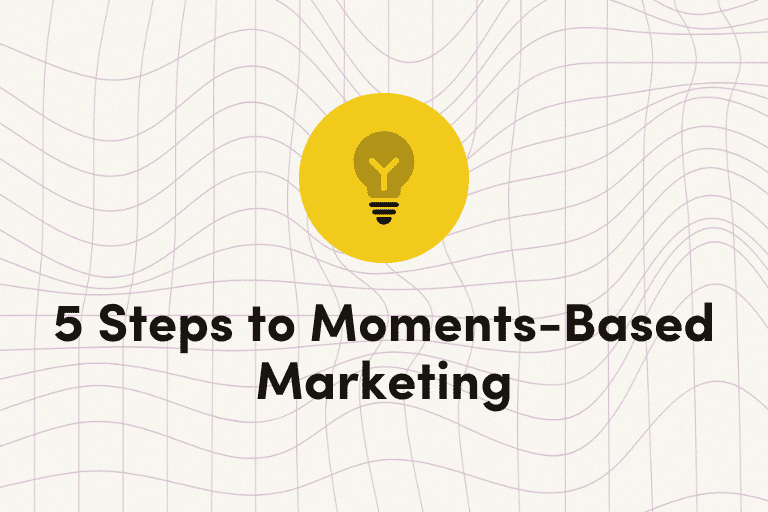In a plot twist that shook the interwebs, Google announced on Monday, July 22, that they would not be moving forward with their plan to deprecate third-party cookies (a.k.a. Privacy Sandbox). Prompting me to ask myself the very title of this post: “Wait, are third-party cookies staying?”
For a bit of a refresher, Google has been teasing—since 2020—that they would remove third-party cookies in Chrome to help protect user data and privacy. In fact, on January 4th of this year, Google started to roll out a third-party cookie deprecation to 1% of Chrome users. They were then planning to remove third-party cookies “for everyone” in the second half of this year.
Now, however, Google is changing its tune. It seems they’ve misjudged the impact of removing third party cookies. Here’s the scoop.
A New Path for Privacy
In a blog post written by the VP of Privacy Sandbox, Anthony Chavez, Google announced that, after testing and feedback, they would no longer be deprecating third-party cookies. They said, “Instead of deprecating third-party cookies, we would introduce a new experience in Chrome that lets people make an informed choice that applies across their web browsing, and they’d be able to adjust that choice at any time.”
Emphasizing the importance of privacy, the post continued, “We also intend to offer additional privacy controls, so we plan to introduce IP Protection into Chrome’s Incognito mode.”
Before we get too far into the weeds of what this really means, let’s take a step back for a second and define third-party cookies.
What are Third-Party Cookies?
Third-party data is described as “data sets collected and managed by organizations that do not directly interact with customers or business data consumers.” Basically, data collected from companies other than the company that will use it.
Third-party data aggregators can collect data from various sources like websites, academic sources, government sources, etc. and then sell it to brands who can use that data to create target messaging, like ads.
These aggregators put small bits of data, cookies, on different websites. Then, when users interact with a site, their information is collected. When you click “allow all cookies” for example, when visiting a website you’re “allowing other websites you may not have visited to collect your data or monitor your browsing activity.” So, by deprecating third-party cookies Google was effectively saying that these aggregators can no longer collect third-party data—an attempt to give users control over their own data.
This deprecation was going to have a huge impact on marketers, many who previously relied on third-party data to serve targeted ads. So what does this reversal of the deprecation mean for marketers now?
The Impact on Marketers
In previous posts, with the deprecation of third-party cookies on the endless horizon, we have sung the praises of different types of customer data—specifically zero- and first-party data.
Zero-party data is data that comes explicitly from customers (think: quizzes, surveys, customer support chats, SMS, etc.) and first-party data is data that comes implicitly from interactions with a brand’s properties (think: browsing behavior, engagement with marketing messages, etc.).
Basically, we were saying that with the deprecation of third-party cookies, marketers could no longer rely on them to collect important information and need to shift their mindset to rely on more direct data collection. This is still true. Just because there isn’t an outright ban on third-party cookies, doesn’t mean users won’t have control over the data that’s collected by them. Like we mentioned before, we’re already seeing pop-ups on websites asking users if they want to allow cookies.
Eye on the Personalization Prize
While we’re not sure what the “new experience” Google alluded to entails at this point, we’ll continue to stress the importance of zero- and first-party data. Remember, for marketers the goal is to serve highly personalized, if not individualized, experiences to every user.
Users are more willing to share their data if they know that the data will be used in a way that is beneficial to their overall experience with your brand. So, rather than relying on data you may or may not be able to collect from third-party aggregators, why not ask your customers directly?
To learn more about how your brand can collect zero- and first-party data to create hyper-personalized experiences, reach out to your CSM or schedule an Iterable demo today.
































